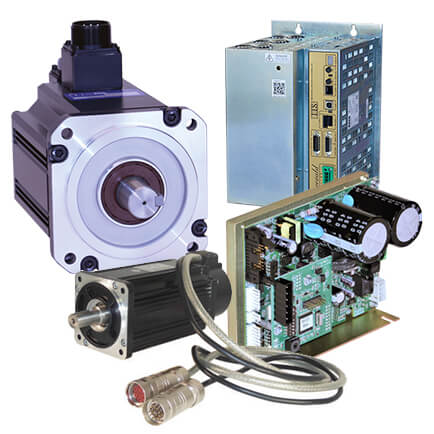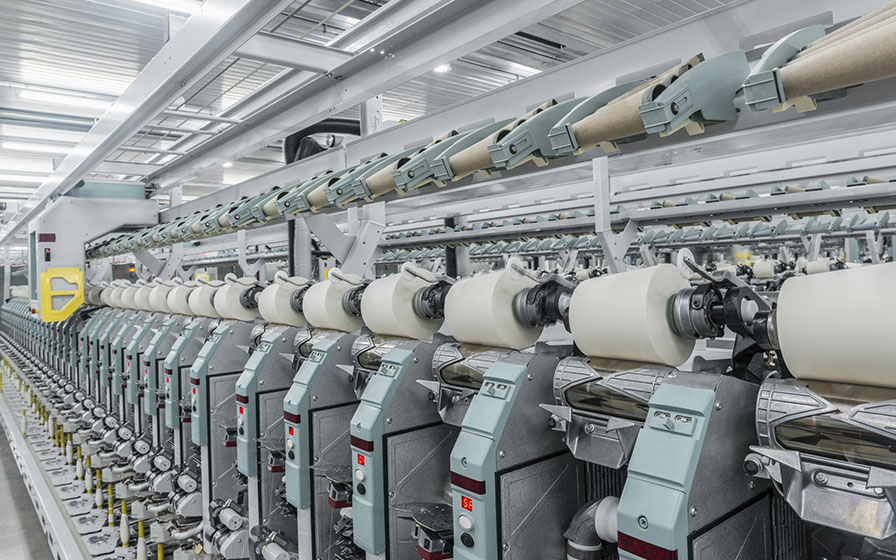The manufacturing industry is rapidly evolving, with automation playing a crucial role in boosting productivity and maintaining a competitive edge. As manufacturers strive to streamline operations, adopting technologies has become essential to staying ahead. Among the most impactful technologies are servo solutions, which optimize automation processes by enhancing efficiency, precision, and reliability.
Servo motors have long been a cornerstone of industrial automation, but the advent of servo solutions is setting a new standard for performance and flexibility. This article explores the benefits of these solutions and their role in transforming manufacturing automation.
Understanding Servo Solutions
The servo motor is at the heart of modern automation, which precisely controls position, velocity, and acceleration. Servo motors are a critical component of automated systems, enabling the smooth and accurate execution of tasks that require high precision, such as CNC machining, robotics, and packaging.
 Over the years, servo technology has evolved significantly, leading to the development of servo solutions. These solutions offer manufacturers greater control, improved response times, and enhanced durability. Key features of advanced servo systems include:
Over the years, servo technology has evolved significantly, leading to the development of servo solutions. These solutions offer manufacturers greater control, improved response times, and enhanced durability. Key features of advanced servo systems include:
- High precision: Servo motors provide incredibly accurate control, making them ideal for complex manufacturing processes that require tight tolerances.
- Faster response times: With faster acceleration and deceleration, servos enable quicker cycle times and increased productivity.
- Enhanced durability: Built to withstand demanding environments, servo solutions offer long-term reliability, reducing maintenance and downtime.
Benefits of Servo Solutions in Manufacturing
The integration of servo solutions into manufacturing processes provides numerous benefits, including:
- Increased production efficiency: Servo systems allow for more efficient use of resources by minimizing errors and optimizing machine performance. This results in higher throughput and reduced energy consumption.
- Reduced downtime: With enhanced durability and faster response times, servo solutions minimize equipment failures and the associated downtime, ensuring a more consistent production flow.
- Higher precision: In applications such as assembly, packaging, and material handling, servo motors provide the accuracy needed to achieve flawless results, helping manufacturers maintain quality standards.
- Flexibility: Servo solutions are highly adaptable, making them suitable for various manufacturing needs—from small-scale production to large industrial operations. They can easily be integrated into existing systems, allowing manufacturers to upgrade their automation processes without significant overhauls.
Applications of Servo Solutions in Manufacturing
Servo solutions are transforming a variety of manufacturing processes, offering enhanced performance across several key applications, including:
- CNC Machining: Servo motors are critical in CNC machines, where precise movement control is essential for cutting, milling, and drilling tasks. Manufacturers can achieve greater accuracy and faster production cycles by integrating servo solutions.
- Robotics: Servo-driven robots are widely used in automated assembly lines and material handling systems. They rely on servo motors for accurate positioning, smooth movements, and precise task execution, making them indispensable in the automotive, electronics, and packaging industries.
- Automated Assembly Lines: In automated assembly processes, servo solutions ensure the precise placement of components, reducing the likelihood of errors and improving overall productivity.
By adopting these systems, companies can optimize their production lines, reduce downtime, and significantly improve output quality.
Moving Forward in Manufacturing Automation
 As automation becomes increasingly integral to manufacturing, the role of servo solutions will continue to grow. By providing superior precision, reliability, and flexibility, these systems allow manufacturers to stay competitive and achieve operational excellence. Looking ahead, advancements in servo technology promise to enhance automation further, enabling even more sophisticated manufacturing processes.
As automation becomes increasingly integral to manufacturing, the role of servo solutions will continue to grow. By providing superior precision, reliability, and flexibility, these systems allow manufacturers to stay competitive and achieve operational excellence. Looking ahead, advancements in servo technology promise to enhance automation further, enabling even more sophisticated manufacturing processes.
For manufacturers looking to enhance their automation capabilities, integrating servo solutions is not just an option—it’s a necessity. These systems can transform operations, leading to more efficient production and higher-quality outcomes.
